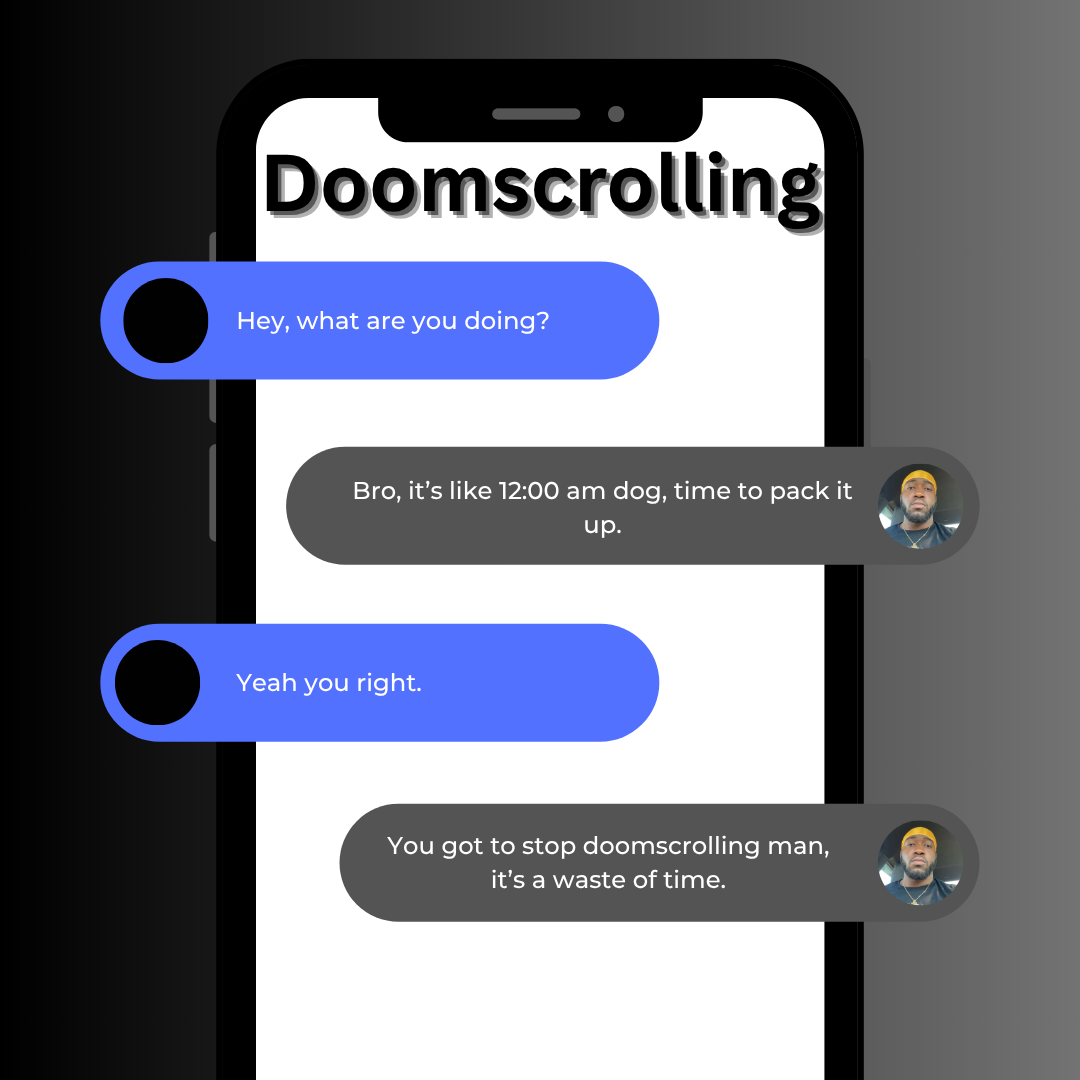AI VERSION: Is it ethical for students to use chatbots to finish assignments?
We had a chatbot write its own version of this month’s staff editorial.
May 21, 2023
In today’s tech-driven world, the use of artificial intelligence (AI) in education has become a hot topic. Should students rely on AI or chatbots to complete their school assignments? Our high school newspaper staff has debated this issue, with most of us believing it’s not ethical. However, a small group sees AI as a helpful tool for brainstorming and overcoming writer’s block. Let’s explore these perspectives and find a balance between ethics and the benefits of AI assistance.
Many of us believe it’s not right to rely on AI for school assignments. Education is about more than just getting good grades or finishing tasks. It’s about developing critical thinking, creativity, and personal growth. If students depend solely on AI, they miss out on important learning experiences. Skills like research, analysis, and effective communication are essential for success in higher education and beyond, and they can’t be developed by relying on AI.
Moreover, using AI to complete assignments raises concerns about academic integrity. Plagiarism, whether intentional or not, undermines the educational process and the principle of originality. It’s important for students to understand the value of honesty and the consequences of dishonesty, both academically and ethically. Relying on AI blurs the line between their own achievements and automated solutions, which erodes the integrity of education itself.
While we acknowledge the ethical concerns, we must also recognize the potential benefits of AI as a tool for students. AI can help with brainstorming and overcoming writer’s block. By providing prompts, generating ideas, or suggesting different perspectives, AI can assist students in starting the writing process.
When used responsibly, AI can complement students’ efforts and encourage critical and independent thinking. It can offer guidance and inspiration, acting as a supportive assistant rather than a substitute for their own abilities. This approach allows students to develop their skills while using AI as a catalyst for deeper engagement with the subject matter.
The question of using AI for assignments is not a simple one. We need to find a middle ground that considers both the ethics and the benefits of AI. Teachers should provide clear guidelines on AI usage, emphasizing the importance of originality, critical thinking, and personal growth. It’s crucial that students view AI as a tool to enhance their creativity and overcome challenges, rather than relying on it completely.
To navigate this issue, educational initiatives can promote responsible AI usage. By doing so, students will understand that AI is a supportive ally rather than a replacement. Striking a balance between ethics and technological advancement is essential for maintaining the integrity of education while harnessing the benefits AI can offer.
The ethics of using AI for school assignments demand thoughtful consideration. While most of us believe complete reliance on AI is not ethical, a small group recognizes its value for brainstorming and generating ideas. By using AI responsibly as a companion in the learning process, we can ensure that education remains about more than just grades. Let’s remember that developing critical thinking skills, creativity, and personal growth should be at the core of our educational journey.











